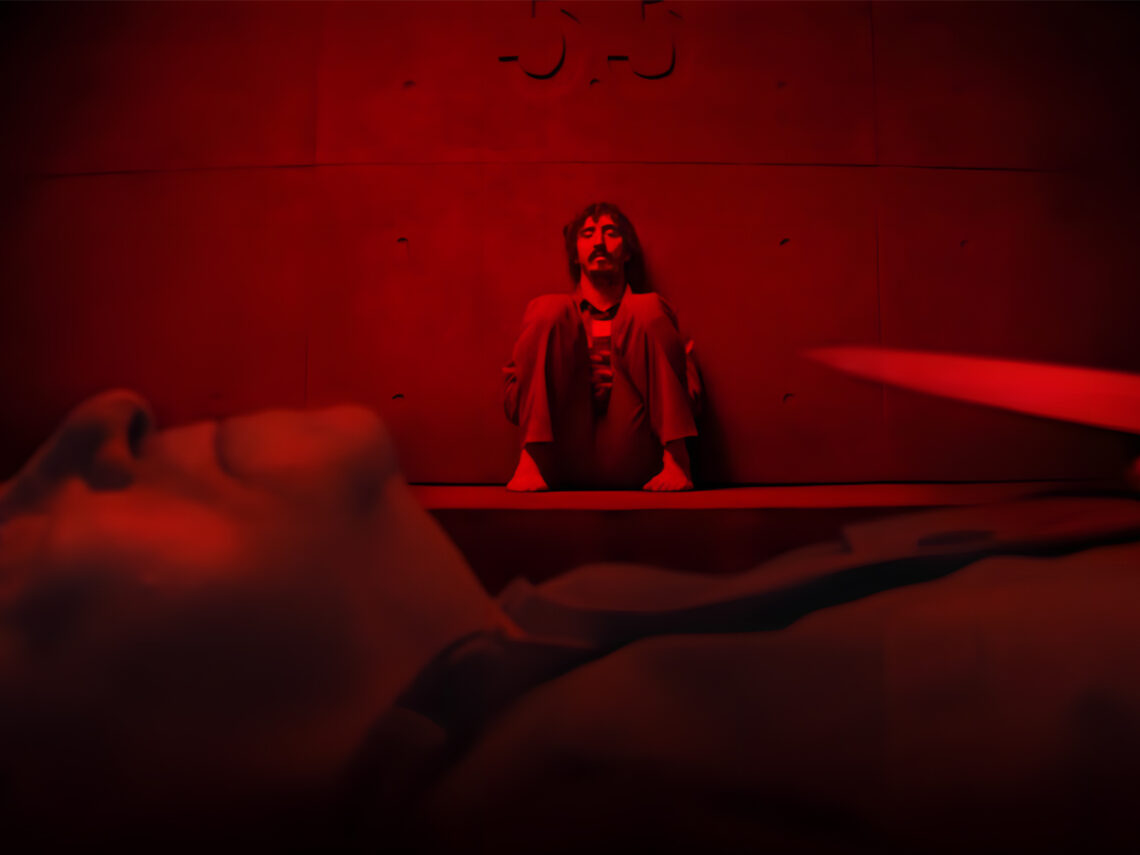
The perfect movie to watch before the next season of ‘Squid Game’ is ‘The Platform’
To ensure streaming success in a digital era, a streamer must have foresight. And Netflix honestly has plenty. Its library is filled with titles that have churned a pop cultural reset, and reigning right atop is the South Korean survival drama, Squid Game. Squid Game has changed the game, literally, and our expectations of fun along with it. Soon, it’s about to raise the stakes of entertainment even more with season three. But before that, Best of Netflix has a movie pick to throw in the ring to satiate the blues: The Platform.
Directed by Galder Gaztelu-Urrutia, The Platform is a 2019 Spanish dystopian thriller. But peel back a few layers, and you’ll find a stark critique of social inequality with a one-of-a-kind storyline. Squid Game is primarily built around players who sign up for a deadly competition of childlike games, driven by a desire to win a massive cash prize. Although emerging victorious would turn their life around, exempt them from the burden of debt and financial struggles, only one can win; the others have to die.
The idea of Squid Game dawned upon Hwang Dong-hyuk during his own financial hardships. But the socioeconomic divide and resource allocation of Korea as a whole motivated him to write the story. Meanwhile, The Platform is rich in symbolism of similar tropes. The story takes place in a huge, multi-level captive tower where inmates feed on a descending platform, carrying food from the top to the bottom.
The inmates are rotated between floors at regular intervals. However, upon closer examination, this vertical hierarchy becomes a stark metaphor for societal stratification and class-based oppression. The higher the level one occupies, the more access they have to abundant food. On the contrary, those on the lower levels are left with crumbs, either starved to death or driven to the brink of cannibalism. The Platform’s structure deliberately subverts the idea of a civilised society, revealing how deeply ingrained barbarism can be when subjected to systematic injustice and deprivation.
The protagonist, Goreng, becomes a vessel for moral resistance within this brutal ecosystem. He attempts to challenge the status quo by rationing food and urging cooperation. However, his efforts are persistently thwarted by the unwillingness of others to participate. The Platform upholds the reflection of the very selfishness the system breeds. A similar thread of disillusionment runs through Squid Game.
Specifically in the second season, the protagonist, Gi-hun, encounters internal resistance from fellow players during his attempt to rebel and stop the gameplay. Both narratives illustrate how even within oppressive infrastructures, the greatest obstacle to change is often not the system itself, but the complicity and fear of those trapped within it. It’s, after all, the people who make up the system.
The child seen at the end of The Platform is a beacon of hope. Whether the child is real or an illusion can be easily debated, and Goreng’s actions in the ending scene offer plenty of possibilities. However, The Platform doesn’t dictate a closure; it’s open to interpretation, making it the perfect watch before Squid Game season three.